What are antibacterial wipes and how can they benefit you? With the ongoing pandemic, antibacterial wet wipes have become a popular and essential item for many households and businesses. In this article, we will cover everything you need to know about antibacterial wipes.
Learn more: Alcohol wet tissue – Best rated antibacterial wipe & All you need to know
1. What are antibacterial wipes?
Antibacterial wipes are a convenient and effective way to kill germs and prevent the spread of infections. These wipes are typically pre-moistened with a cleaning solution that contains chemicals designed to kill bacteria and other harmful microorganisms.
They are commonly used in hospitals, schools, and other public places. They can be used for other hard surfaces such as door handles, desks, and equipment. But antibacterial wipes are normally for hands since the chemical used is not strong enough to kill viruses on hard surfaces like disinfectant wipes.
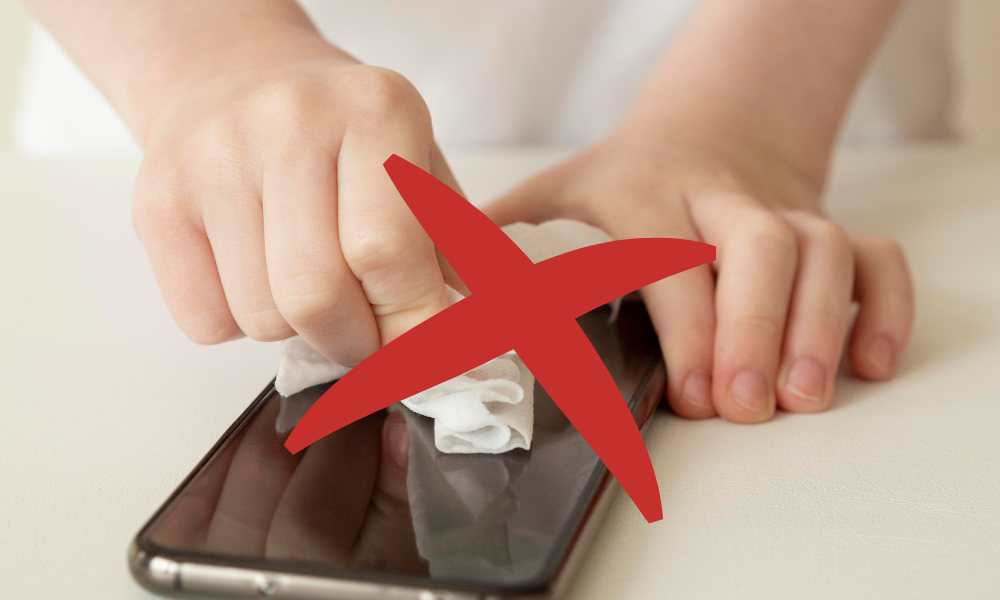
They are usually sold in canisters or packets, and can be used for one-time cleaning before being discarded. While antibacterial wipes are useful for reducing the spread of germs, it’s important to note that they should not be used as a substitute for proper handwashing and other hygiene practices.
Explore more: Are antibacterial wipes safe? | How to use them correctly
2. What are antibacterial wipes made of?
Antibacterial wipes are typically made of 2 primary ingredients: Material and cleaning formula.
Material
Antibacterial wipes can be created from a variety of materials, including biodegradable textiles of varying quality and thickness, recyclable non-woven polyester and polypropylene wipes, and non-woven cellulose (thin and prone to leaving fibers on surfaces).
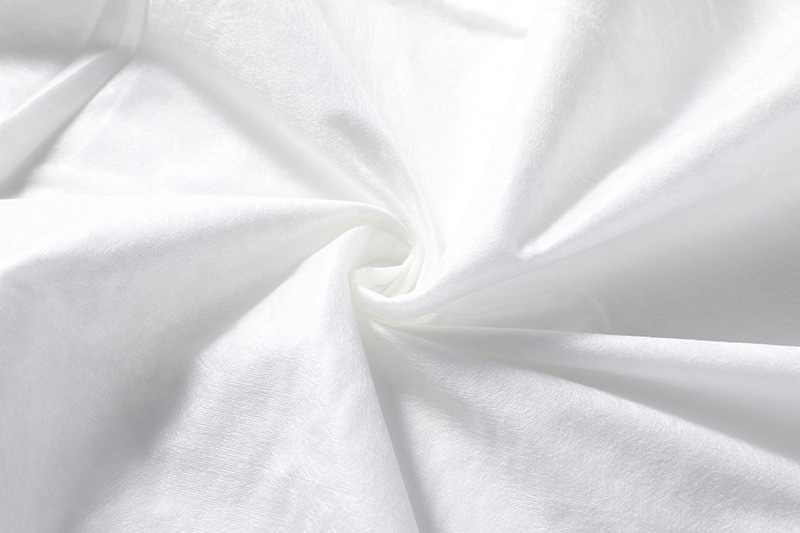
Cleaning formula
Not all wipes have the same formulation. Any components that are harmful to people’s health, could harm the surfaces you’ll be cleaning. Or components that are toxic should always be avoided. You should remember to always search for antibacterial wipes that have been registered with the EPA or approved by the FDA.
The use of EPA registered and/or FDA approved formula is mandated by numerous state and federal statutes. This is due to the fact that these goods are thoroughly tested and examined before receiving a seal of approval, and they have been shown to live up to their promises.
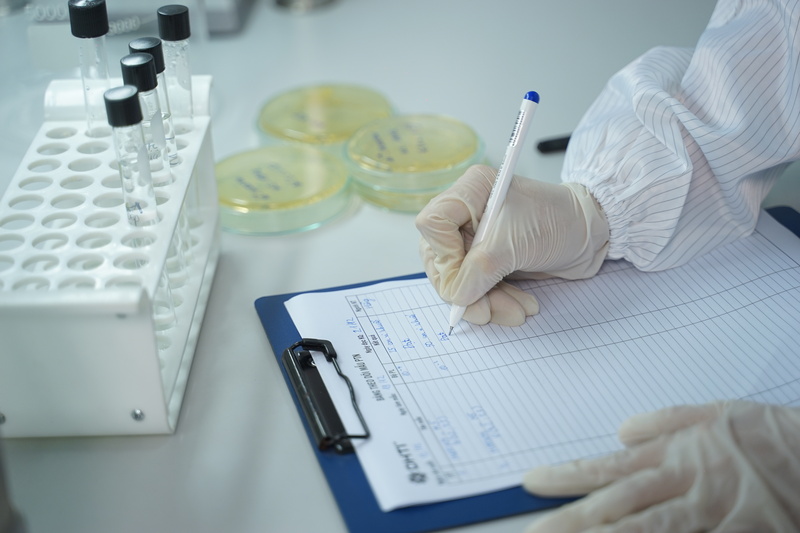
3. What can antibacterial wipes do?
The antibacterial component in wipes could prevent the growth of bacteria, germs, and mold in the wipes themselves, rather than to leave a treatment on the surface being wiped. So it’s not necessary to use antibacterial wipes since regular multi-purpose wipes will do the same job when combined with a suitable solution.
When used on surfaces, equipment, or skin, antibacterial wipes eliminate or reduce the presence of harmful organisms, and the surface being wiped needs to remain wet for a certain period of time for the wipes to be effective.
Testing is conducted in a laboratory environment to determine the necessary length of time for the solution to be in contact with harmful organisms to kill them. The wipes kill pathogens when they are wet, and sanitizers typically require two to ten minutes to be effective.
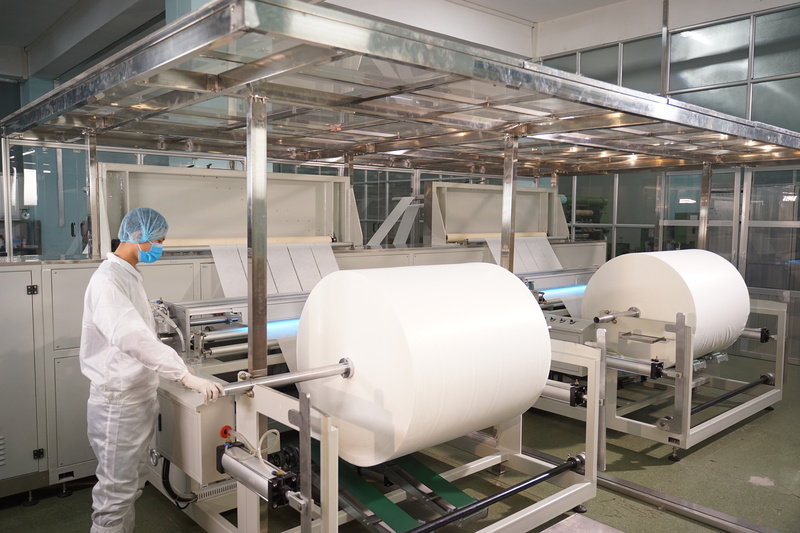
Learn more: Can you wipe with antibacterial wipes? 10 common mistakes!
4. Why do we need them?
Antibacterial wipes play an important role in preventing the spread of diseases and infections in various settings, from homes to public facilities.
Convenient
They are highly convenient, eliminating the need to measure and mix chemicals, making them an easy option for customers and employees to quickly disinfect an area. If water and soap are not always available when you’re travelling, bring antibacterial wipes along and the problem is solved.
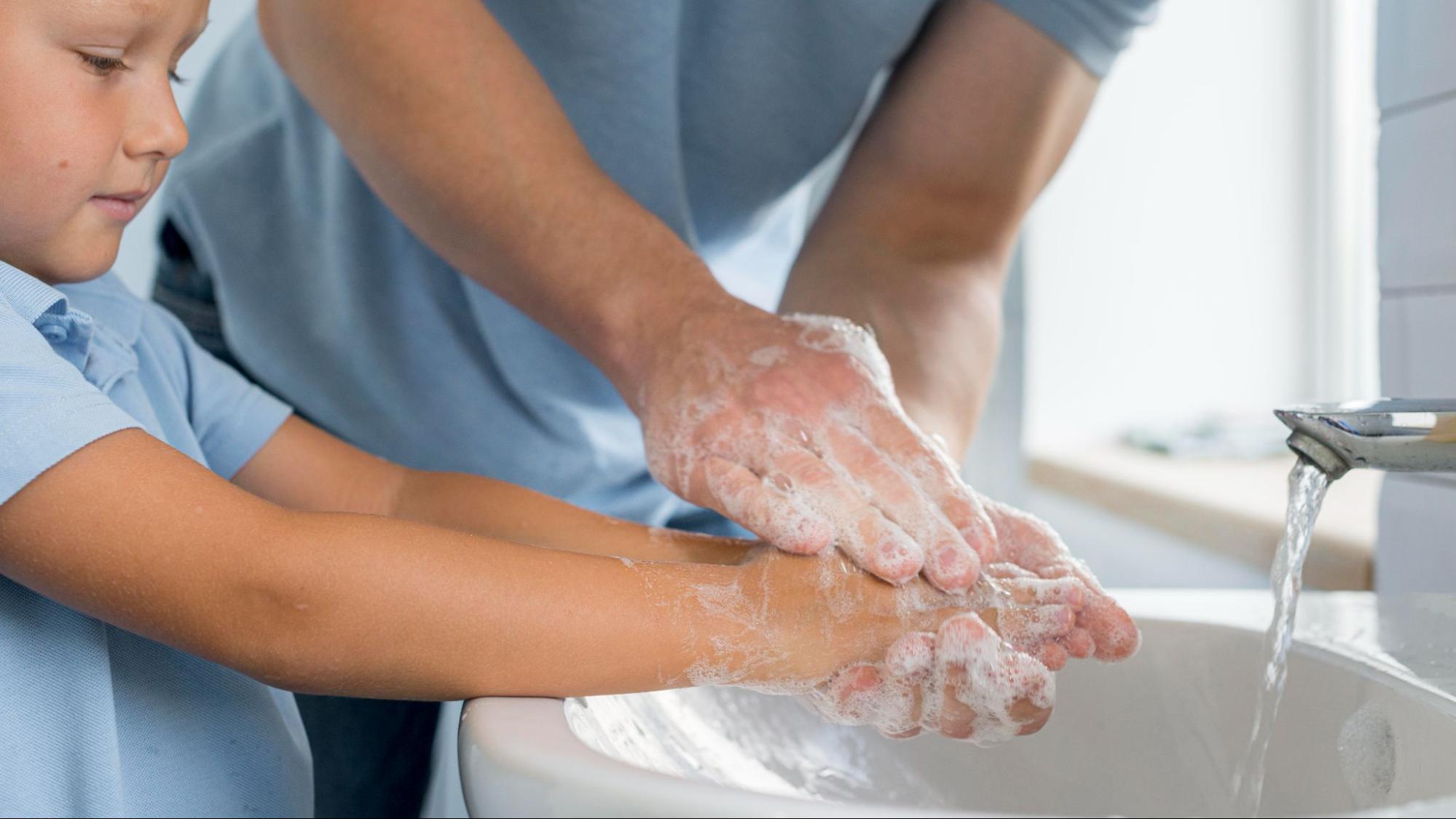
Antibacterial wipes allow us to clean hands, faces or other surfaces by simply grabbing a wipe to quickly disinfect an area. Without spray bottles or liquid chemicals (which can be banned at the airport), antibacterial wipes bring you more convenience.
Save your time and money
The wipes can be placed in dispensers or stands near high-touch areas for easy access, which can help to save time for everyone. When ordered in high quantities, they can also save money on containers and possibly on shipping, while also cutting down on the frequency of restocking and refilling cleaning supplies.
Environmentally-friendly
Additionally, antibacterial wipes can have a positive impact on the environment when made of non-toxic formulas made of biodegradable and sustainable materials, which can appeal to eco-conscious consumers.
Ultimately, using antibacterial wipes is an effective and efficient way to keep facilities clean and germ-free, helping to minimize sick days, increase staff productivity, and protect the health and safety of everyone involved.
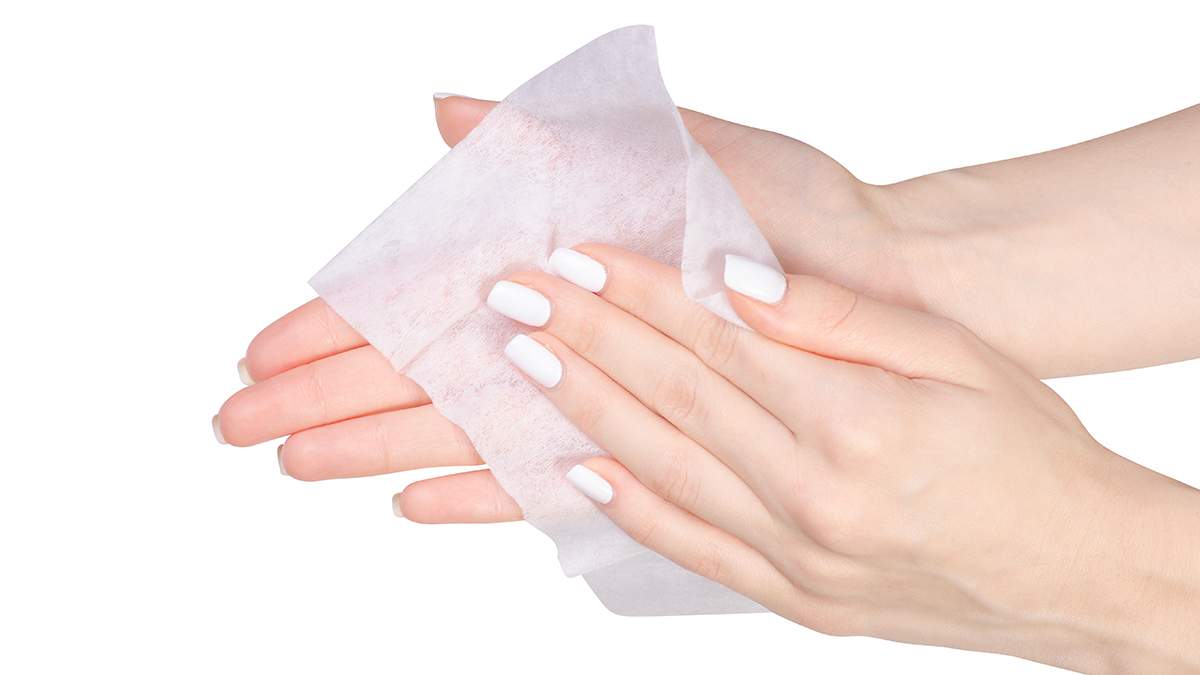
You may like: Can you use antibacterial wet wipes on your bum?
5. How to choose the best antibacterial wipes
Antibacterial wipes are a valuable tool for reducing the spread of infections and illnesses in your workplace. The ease of use, affordability, and popularity of antibacterial wipes make them a convenient choice for maintaining cleanliness and preventing the spread of harmful viruses.
However, it’s important to take the time to research and evaluate different types of wipes before selecting the ones that will work best for your specific needs. With so much information, it can be overwhelming to determine which wipes are the most effective and appropriate for your facility.
By conducting thorough research, you can be confident in choosing the appropriate wipes to provide a clean and safe environment. There are few factors to consider: the ingredients, brand reputation, fragrance,… Be sure to read the label carefully and follow the instructions for use to ensure you are using the wipes correctly.
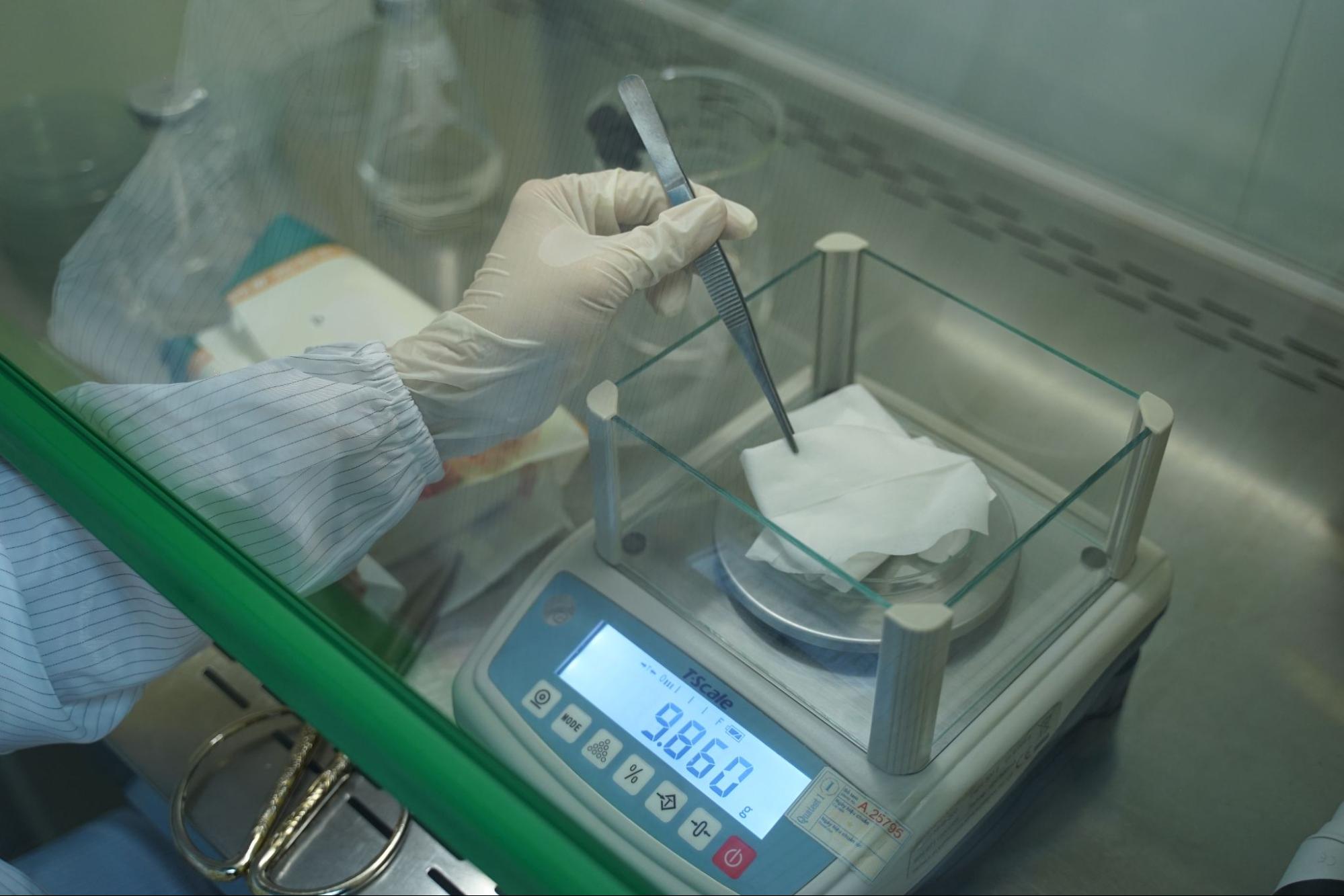
At DHTI, antibacterial wipes are among the best wipes exported to the US. You will be assured when choosing our wet wipes. For more useful information, contact us via the hotline: (84-24) 3716 0270.
What are antibacterial wipes? I guess you had the answer after reading the article. So, the next time you’re out shopping for cleaning supplies, don’t forget to add antibacterial wipes to your list. Keep in touch with us for further information about wet wipes.
Dong Hiep Trading and Investment Joint Stock Company:
- Representative office: 69B Thuy Khue, Thuy Khue Ward, Tay Ho District, Ha Noi City.
- Manufacturing site: Lot CN7, Tu Liem Industrial Cluster, Minh Khai Ward, Bac Tu Liem District, Ha Noi City.
- Hotline: (84-24) 3716 0270.
- Website: https://dhti.vn/en/
Find out more:




